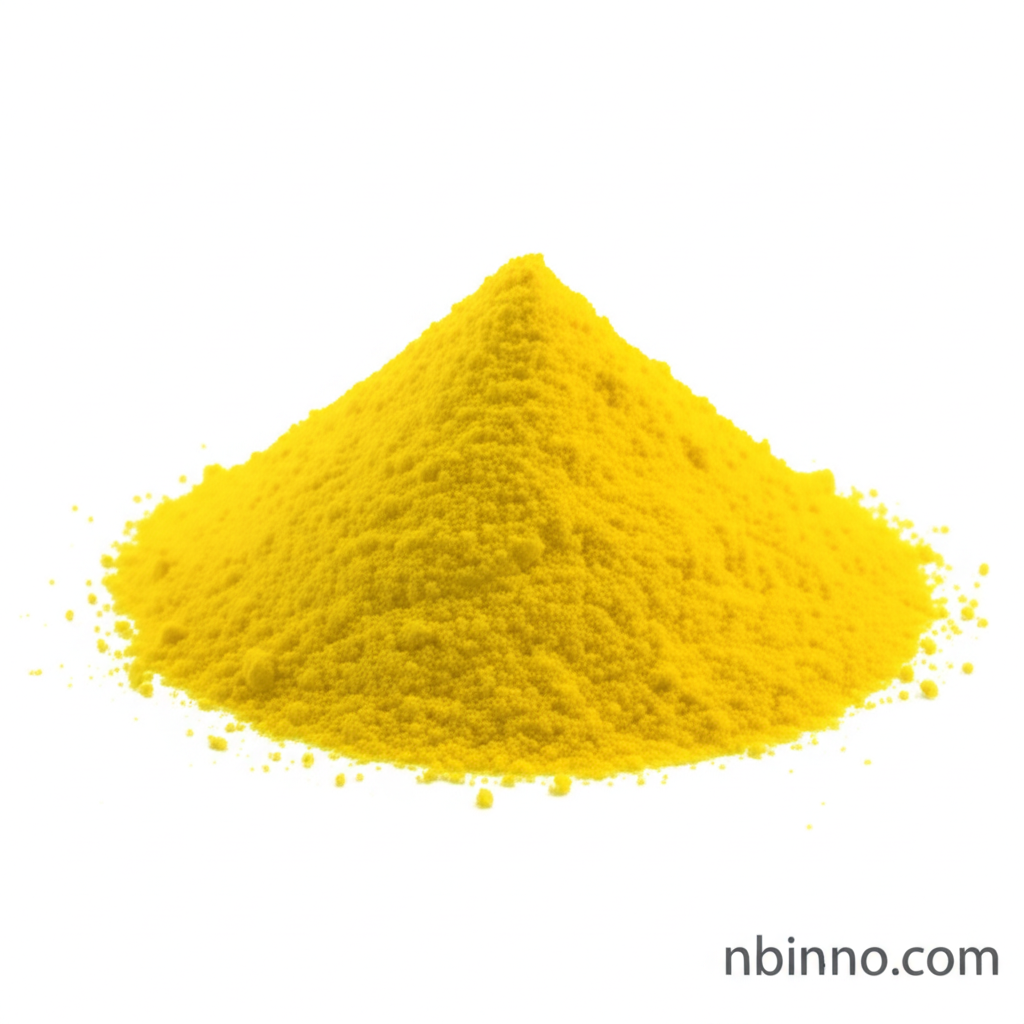Bis(carboxymethyl) Trithiocarbonate: A Key Chemical Intermediate
Discover the essential properties, synthesis, and applications of this versatile organic compound.
Get a Quote & SampleProduct Core Value

Bis(carboxymethyl) Trithiocarbonate
Bis(carboxymethyl) Trithiocarbonate, identified by CAS 6326-83-6, is a crucial organic chemical intermediate. Its distinct molecular structure and properties make it valuable in various synthetic processes. With a focus on delivering high-quality chemical products, we provide detailed specifications and reliable sourcing for this compound.
- Understanding the bis(carboxymethyl) trithiocarbonate properties and applications is key for chemists engaged in advanced organic synthesis.
- We offer a reliable supply of bis(carboxymethyl) trithiocarbonate CAS 6326-83-6, ensuring purity and consistency for your research and development needs.
- Explore the synthesis pathways of this compound, often prepared from readily available precursors like carbon disulfide and chloroacetic acid.
- As a versatile chemical intermediate, bis(carboxymethyl) trithiocarbonate plays a significant role in the development of novel organic molecules.
Advantages of Using This Compound
Versatile Chemical Intermediate
Leverage the reactivity of the trithiocarbonate group for diverse synthetic transformations, a key aspect when considering bis(carboxymethyl) trithiocarbonate uses.
Well-Defined Properties
Benefit from its clear physical and chemical characteristics, including a distinct melting point, aiding in precise experimental design and reproducibility.
Reliable Sourcing
Access high-purity material from trusted bis(carboxymethyl) trithiocarbonate suppliers, ensuring the integrity of your downstream processes.
Key Applications
Organic Synthesis
Serves as a fundamental building block in the synthesis of complex organic molecules, contributing to advancements in medicinal chemistry and materials science.
Chemical Research
Essential for academic and industrial research, enabling the exploration of new chemical reactions and material properties.
Specialty Chemicals
Used in the development and production of various specialty chemicals, where its unique sulfur-containing structure is advantageous.
Materials Science
Potential applications in the development of new materials due to its specific chemical functionalities and structural attributes.
